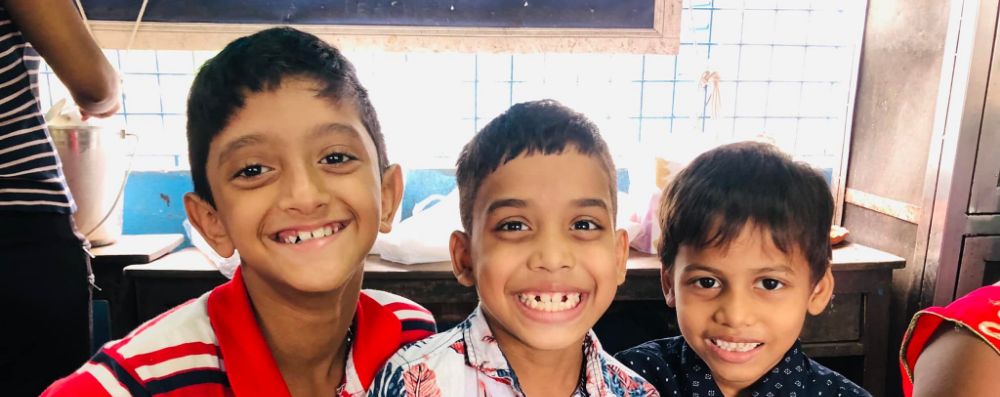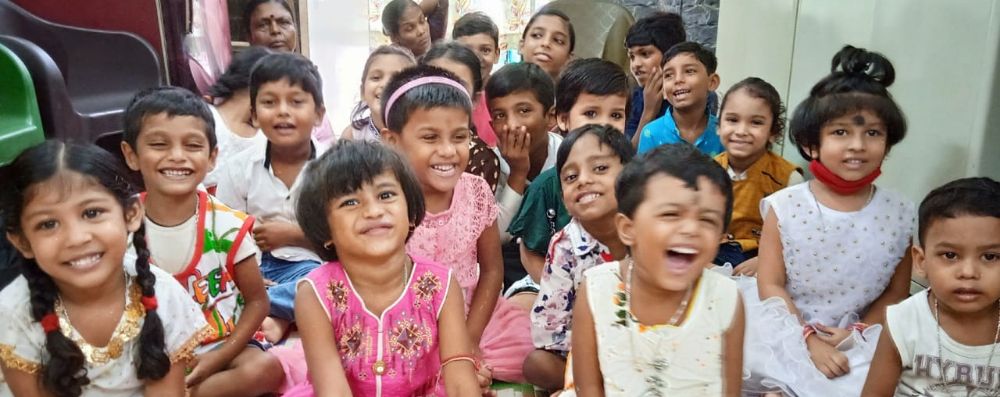
Give them a New Ray of
hope today

No one has ever become
Poor By Giving
.jpeg)
.jpg)
Country: India
Client(s): USAID/India
Services: Monitoring, Evaluation, and Research, Knowledge Management
Technical Expertise: Infectious Diseases, Research, Monitoring, and Evaluation, Health Supply Chain Management
New Light Kolkata contributes to the India national TB response through the Tuberculosis Health Action Learning Initiative (THALI, 2016-2020). Funded by the U.S. Agency for International Development (USAID), this project focuses on urban TB and engagement of the private sector in Kolkata. The consortium has proposed a comprehensive multi-pronged technical approach focusing on innovative private sector engagement, strategic advocacy, communications, system strengthening and capacity building, technology links, community engagement, learning and research, evaluation and knowledge dissemination.
The TB Health Action Learning Initiative (THALI) works with the Revised National TB Control Program (RNTCP), municipal governments, and private providers to improve TB control across three classifications of cities, grouped based on population.
Key elements of THALI include :
1.Identifying and accelerating scale up of innovative approaches to improve the quality of private sector diagnosis, referral, and treatment of TB, through adherence to the recently released "Standards for TB Care in India". (Outputs 1 and 4);
2.Strengthening the utilization of TB resources of the respective municipalities. (Output 2);
3.Testing of technological innovations. (Output 3); and
4.Improving data for evidence-based decision making. (Output 5).
New Light is leading the monitoring, evaluation and learning (MEL) component and is facilitating a landscape assessment of private sector provision of TB services. New Light is also facilitating cross-learning and knowledge management for improved case detection, notification, and adherence to standards of TB care in India. New Light will also strengthen TB supply-chain mechanisms, develop M&E systems and processes including HMIS dashboards and survey based score cards, and operations research to generate data for evidence based decision making.